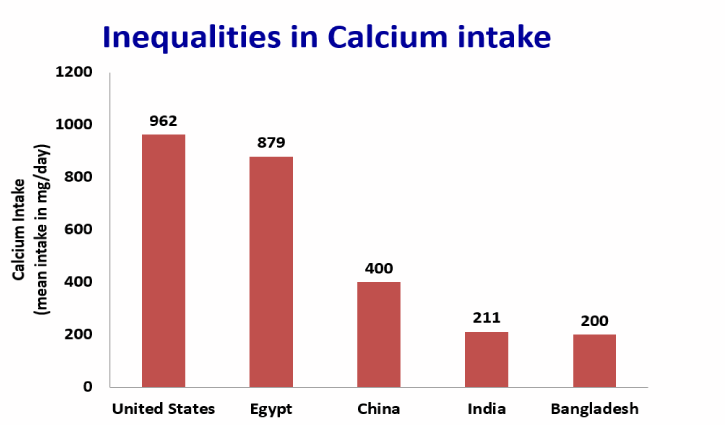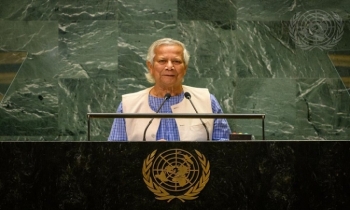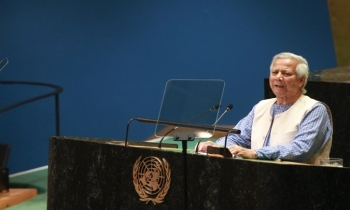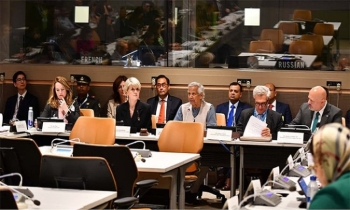Lime fortified rice can reduce calcium deficiency in Bangladesh: Expert
BI Report || BusinessInsider

Source: icddr,b presentation
The consumption of slaked lime fortified rice can actually meet one-fifth of daily calcium among Bangladeshis, said Dr Tahmeed Ahmed, executive director of icddr,b.
Dr Ahmed was speaking at a discussion titled “Tackling calcium deficiency in our diet: learning from the people” on Sunday. The talk was organised by the Bangladesh Institute of Development Studies.
His talk was on a recent survey conducted on the acceptability of lime fortified rice in the community. It also conducted an experimental trial of calcium absorption of slaked lime from cooked rice. The project was funded by Swedish International Development Cooperation Agency (Sida).
Dietary insufficiency of calcium causes rickets in childhood, osteoporosis and osteopenia in adults, pre-eclampsia and eclampsia in pregnant women.
Calcium deficiency is 26.3 percent among non-pregnant non-lactating women in Bangladesh 63 percent of low-income women have intakes below 200 mg per day.
Moreover, pre-eclampsia and eclampsia, account for 24 percent of all maternal deaths and 2.8 percent of all deaths in reproductive age women in Bangladesh.
Meanwhile, per capita milk and milk products (calcium source) consumption in Bangladesh is among the world’s lowest 16 kg per year. In comparison, the US consumes 254 litre, Pakistan 159 litre, and India 68.7 litre of milk per year.
In addition, calcium intake is also low in Bangladesh. It is at 200mg per day, while 962mg in the US, and 211mg in India.
Intake of calcium is low with disproportionate poor access to dietary calcium sources in the general population of Bangladesh, with potentially serious and persistent effects on children and women.
The presentation further informed that WHO recommends that pregnant women should consume an additional 1.5 to 2.0 g of elemental calcium daily.
However, the paper said, the high cost of calcium carbonate tablets renders universal calcium supplementation in Bangladesh almost impossible.
Therefore, the presentation paper said a calcium-rich diet is expensive, while slaked lime is inexpensive and accessible, making it an innovative solution to help reduce calcium deficiency in Bangladesh.
























